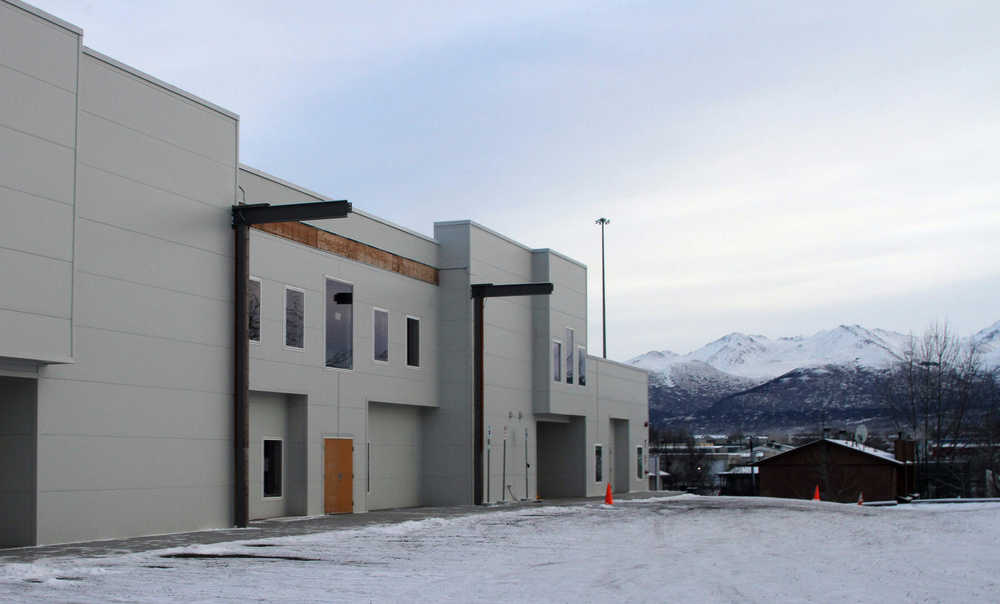When Donald Trump offered a “temporary” plan to block Muslims from entering the United States in response to jihadist terrorism, some supporters cheered while other Americans decried the call as “xenophobic,” saying Muslims are an important part of the national fabric.
Who are the Muslims in U.S. communities?
In most places, they represent a small fraction of residents. Muslims make up less than 1 percent of the U.S. adult population. The largest Muslim communities can be found around New York, Los Angeles, Detroit, Chicago and Houston.
Nearly 40 percent of U.S. Muslims are white, while nearly three-in-10 are black and the same share are Asian. They tend to be younger and better educated than the general public, with 39 percent holding a college degree, compared to 27 percent of all Americans, according to the Pew Research Center.
Sixty-one percent of Muslims in the U.S. are immigrants, according to Pew. Among all immigrants granted permanent residency status, or green cards, the share of Muslims increased from about 5 percent in 1992 to roughly 10 percent in 2012, representing about 100,000 immigrants in that year, according to Pew.
And what about fears some have expressed? New America, a Washington, D.C.-based, non-profit think-tank, offers some figures: Its research found that since Sept. 11, 2001, individuals motivated by jihadist ideology have been responsible for 45 killings on U.S. soil; in comparison, white supremacists, anti-government fanatics and the like have been blamed for 48 such deaths, it said.
To put that in perspective, in 2013, there were 11,208 firearm homicides and 33,804 motor vehicle traffic deaths, according to federal figures. It’s unclear how many Muslims were perpetrators of crime; the FBI does not collect religious affiliations of persons arrested.
Most Muslims in the United States say followers of Islam are peaceful and are vital contributors to the texture, makeup and soul of the country. Still, because they are a small minority, relatively unknown to most Americans, many say they need to make their presence and contributions better known.
A pioneering family
Mousa Obeidi arrived in New York from Palestine with $21 in nickels and dimes.
It was December 1956, and with a little help, the immigrant found his way first to Arizona and eventually to Alaska, where he says he became the first Muslim resident in the young state.
Obeidi, who is now 90, lived in his car and sold Italian tapestries in the rough-and-tumble bars of Anchorage to get by. He later qualified for a no-interest $300,000 Small Business Administration loan to open a frame store. Eight years later, in 1985, another $90,000 SBA loan allowed him to open an art gallery.
“This is the way of Islam. When someone is nice to you, you should be nicer,” he said Tuesday sitting in the office of the gallery.
To repay the kindness, the Obeidis and others in the Muslim community help recent immigrants to Anchorage, whether they need a job, schooling or just adjusting to the ways of their new home. Often, they work with Catholic Social Services in getting people settled.
His son, Sam, often gives talks to immigrants, helping integrate them into the American system and way of life.
Anchorage is a diverse city, where about 100 different languages are spoken in the public school system. Many of the new immigrants come from Sudan, and the Anchorage Muslim community claims other members from Albania, Asia, the Middle East and some Alaska Natives. All told, there are up to 3,000 Muslims in Anchorage, or about 1 percent of the population.
“We’re all part of the fabric of this community,” said 58-year-old Sam Obeidi, who immigrated in 1977. “It doesn’t matter if you’re black or white, male or female, Muslim, Christian, Jew or none of the above.”
The Obeidi men have hosted prayer meetings in their homes, and later a larger space at a strip mall. Recently, they moved into what Sam says is Alaska’s first mosque. The $2 million Islamic Community Center Anchorage Alaska has mostly been built by donations, and work continues even as Muslims use the mosque.
Another way the Obeidi family gives back is with donations to other causes, and sometimes the recipients are churches in the city. These donations are seen as paying back the interest of those no-interest SBA loans Mousa got decades ago.
“We’re not born rich, and we don’t inherit that much money,” Sam Obeidi said. “We struggle but we made it, and this is a success story.”

